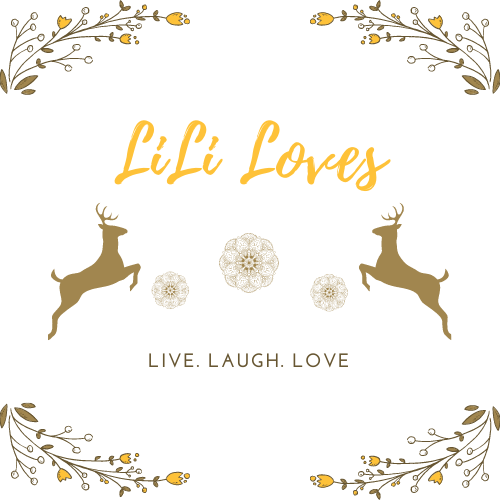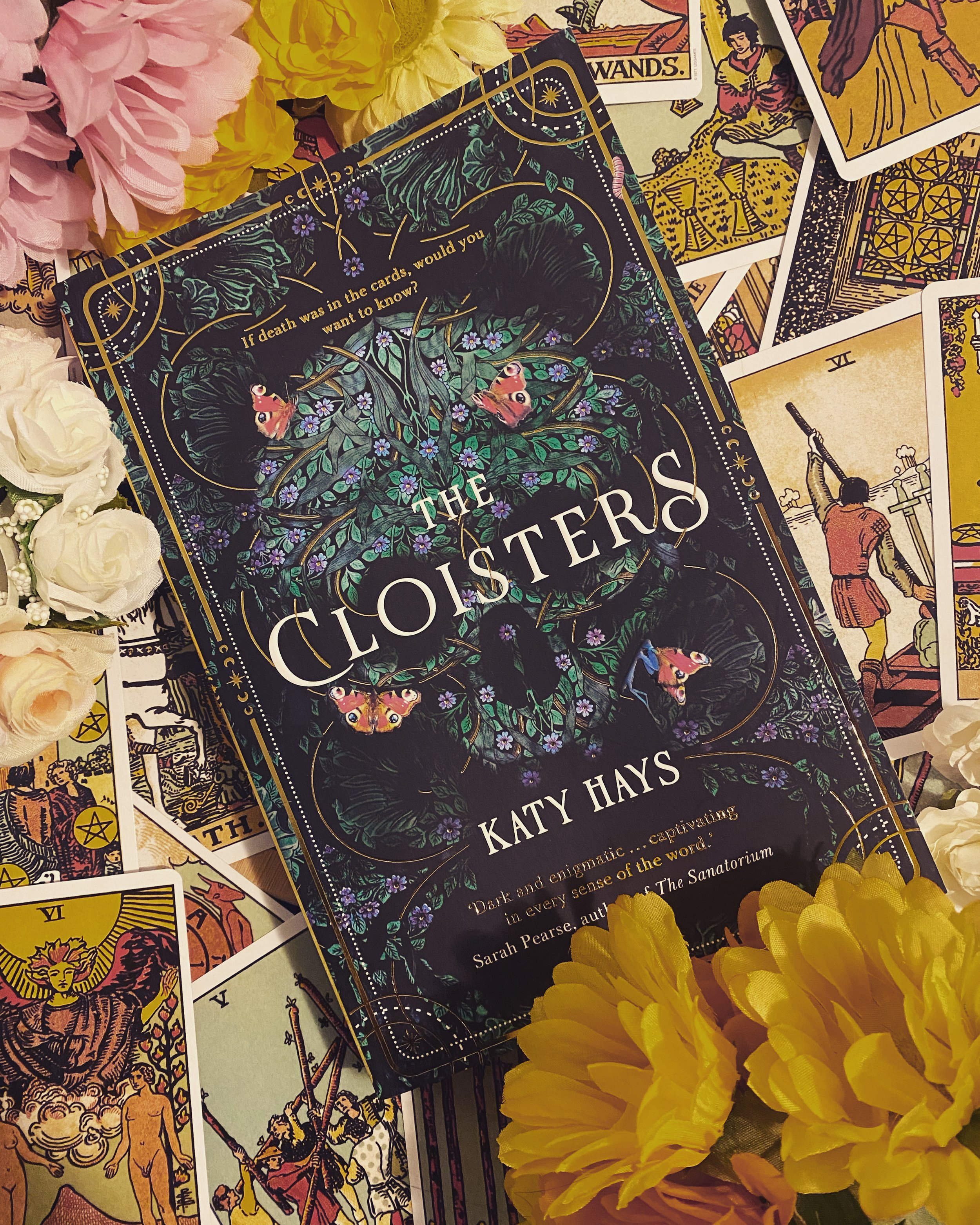The Secret History
/⭐️⭐️⭐️⭐️
I don’t even know what my feelings are after finishing this book! It’s one of those books where I feel like if I read it again in the future, I’m going to appreciate it so much more than I already do.
When people say this is what started the dark academia genre, I can see why. It’s everything, from secretive, pretentious, charming, chaotic, mysterious, dark, atmospheric, awakening, gripping, surprising, egotistical, timeless… I could keep going with how many descriptive words this book actually is!
I wasn’t prepared for the extremely long chapters. Some being over 100 pages, but somehow for this story, it works and makes sense. This isn’t for anyone that can’t stand a slow unraveling because every aspect and relationship is described, as our main character Richard tells us his story at Hampden college. Ultimately he wanted to be part of something and being included sometimes isn’t all that it’s cracked up to be.
To what lengths would you take to be part of a group, that has such intricacies, in which you wouldn’t ever truly understand? Would you ever protect people that you share a secret with, but never know who they are deep down as people? Does it seem worth putting your life into the hands of another when you don’t know them well enough? All questions, you’ll be thinking about when reading Richard’s actions and it also makes you question the morals people hold, versus their distorted view on the world.





